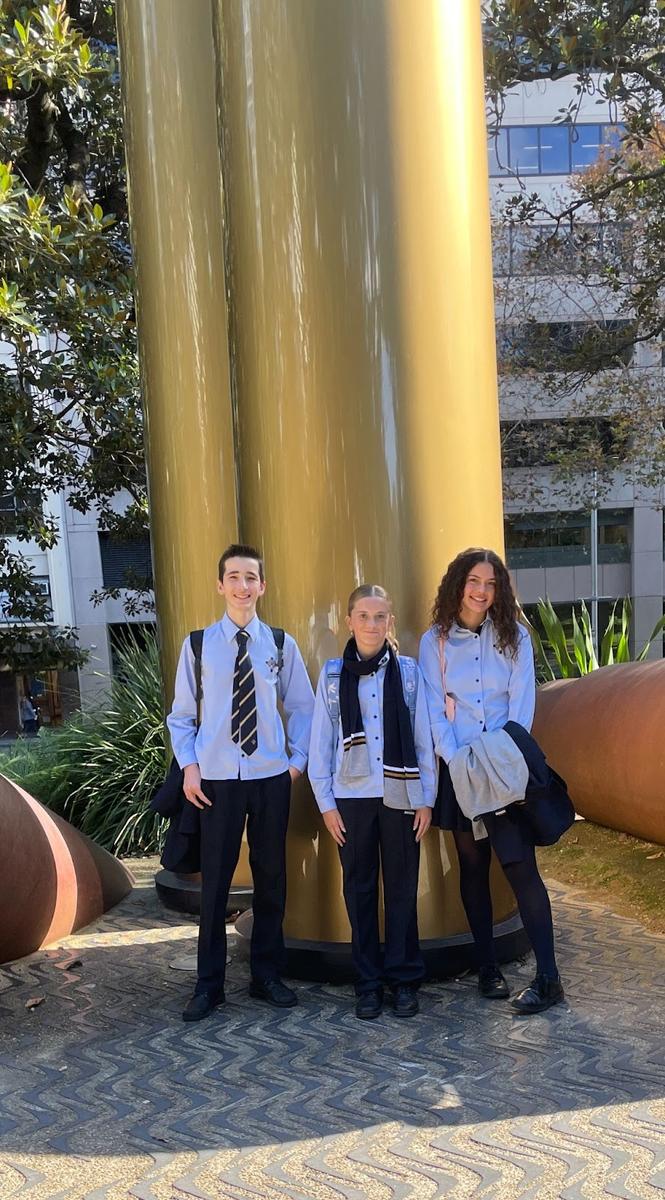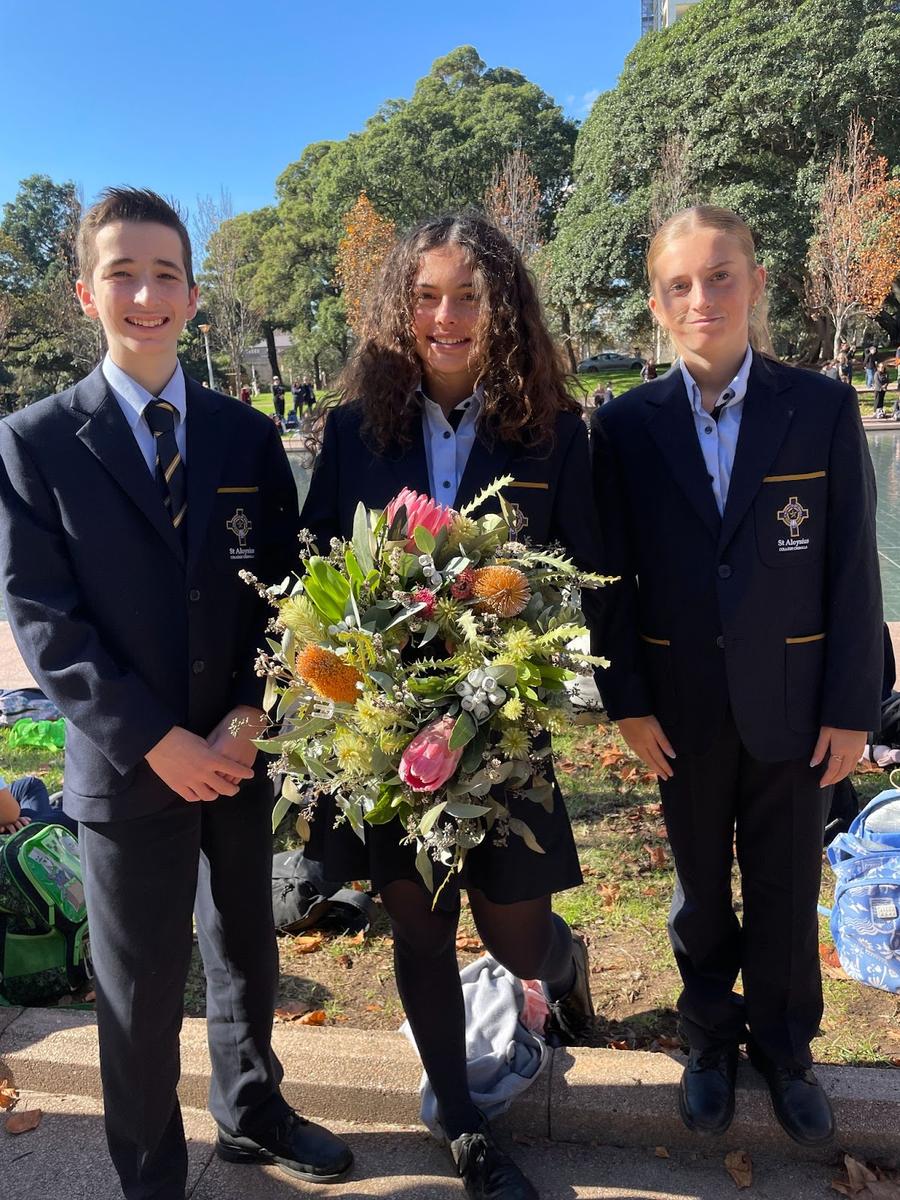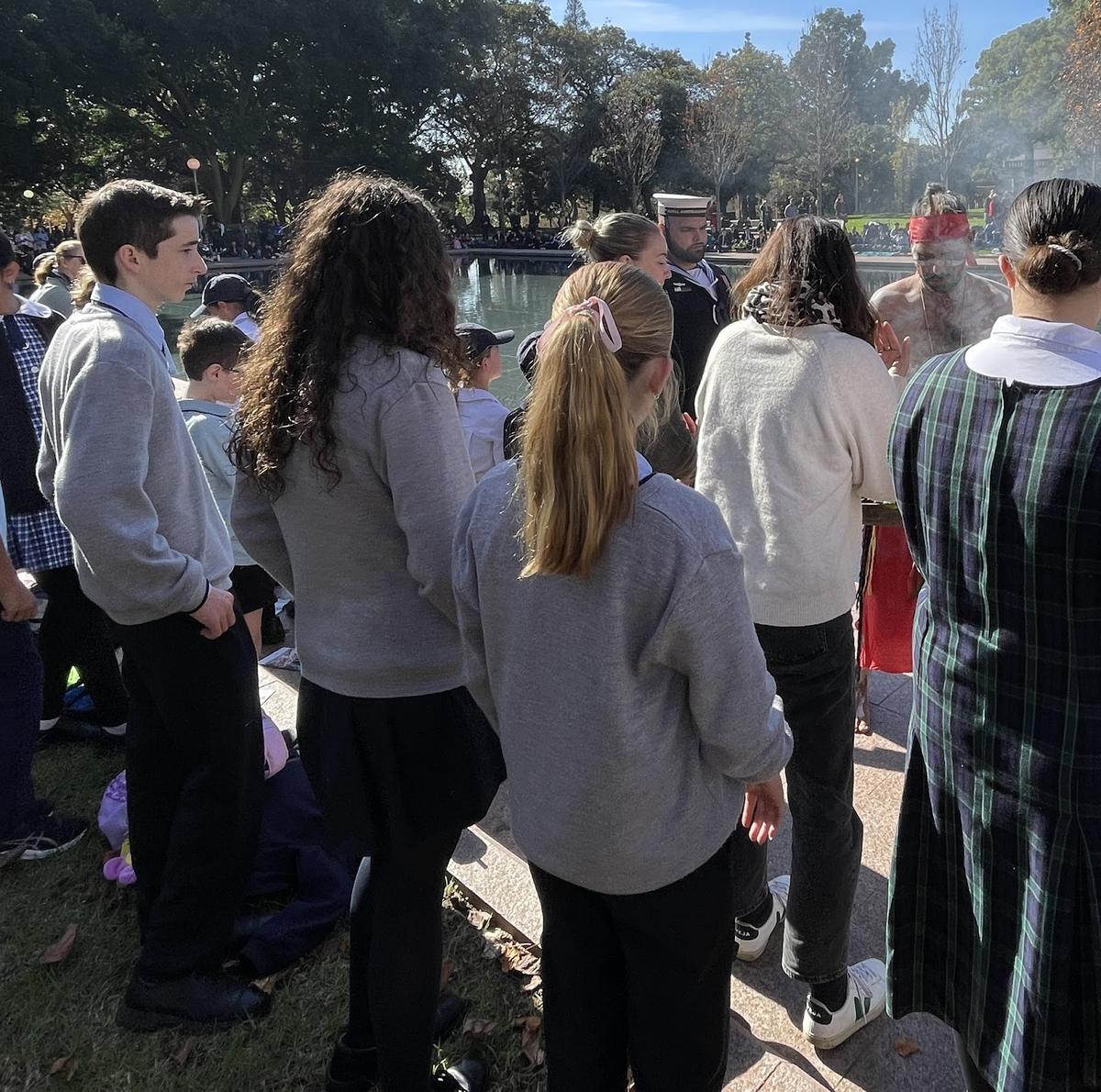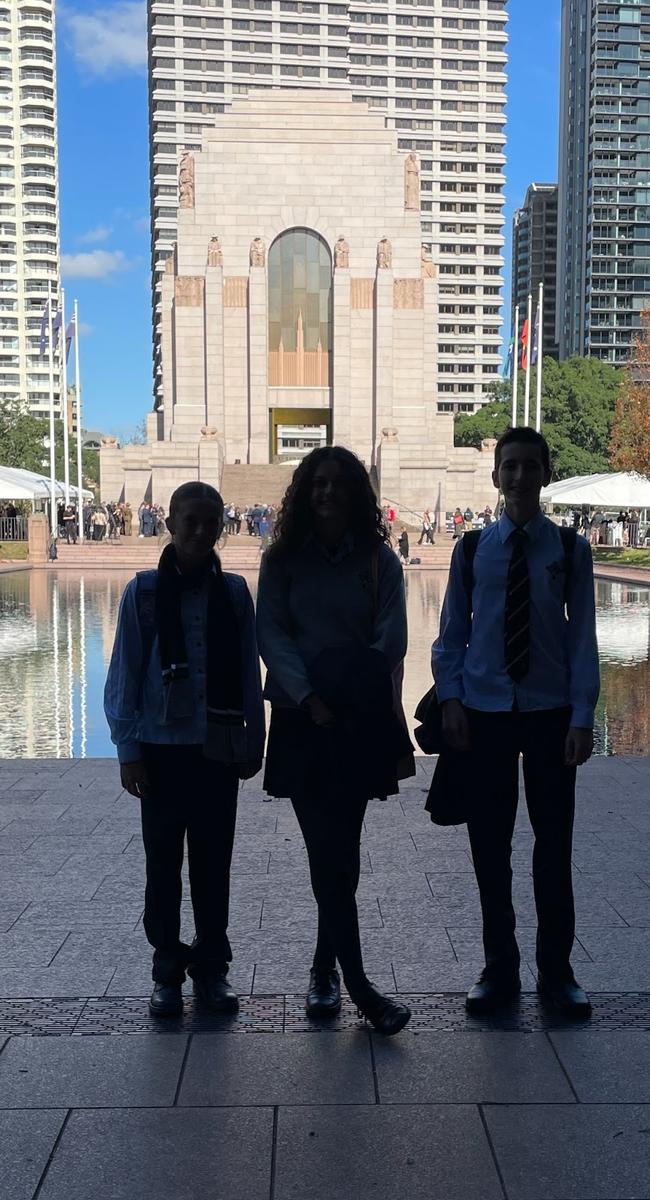Dean of Mission
Mrs Therese Hughes

Dean of Mission
Mrs Therese Hughes


National Reconciliation Week (NRW) is a time for all Australians to learn about our shared histories, and to explore how each of us can contribute to achieving reconciliation in Australia.
NRW begins on 27 May, the successful 1967 referendum and concludes on 3 June, the 1992 High Court Mabo decision.
The 27th May marks the 1967 Referendum when more than 90% of Australians voted ‘yes’ to count Aboriginal and Torres Strait Islander Peoples into the census. It gave the Australian government the power to make laws for these people.
3rd June, the conclusion of Reconciliation Week remembers the 1992 ‘native title’ Mabo Decision. It recognised that the Aboriginal and Torres Strait Islander Peoples had rights over their land and that the British did not take them over during colonisation.
The College Community acknowledged Reconciliation Week in a number of ways, beginning on Tuesday with a presentation sharing the theme ‘Bridging Now to Next’. The presentation provided ways each of us can be an active voice, contributing to the ongoing process of Reconciliation. The College bells were also replaced with music clips by Aboriginal artists. On Friday student representatives, Piper Jurd-Smith, Hunter Trivett-Clarke and Isabella Walker attended the Commemoration Service for First Nations people at the Hyde Park Memorial, honouring former and current Aboriginal and Torres Strait Islander service men and women. They were able to witness the traditional smoking ceremony, a welcome dance and listen to First Nations military personnel speak of the past efforts of Aboriginal military in war. The ceremony concluded with wreath laying by community elders and students representing their schools.








Each Thursday a pastoral class participates in prayer as a class. This is an opportunity for students to pray for each other and to also reflect upon what is happening globally. There is an expectation that all students attend.
The Catholic Archdiocese of Sydney warmly invites families to take part in the upcoming Walk with Christ Festival and Eucharistic Procession in celebration of the Feast of Corpus Christi.
Event Information


The College community raised $4,337 for the Lasallian Foundation. Br Adrian Watson (CEO, Lasallian foundation) has written to the College to thank and inform the community how the funds will be used. The money will be allocated to a Fans Project at La Salle Boys’ High School, Malkhanwala.
Description of the school
La Salle Boys’ High School, Malkhanwala is the youngest Lasallian institution started by the Brothers in Faisalabad. The school was started at the request of Cardinal Joseph Coutts, the then Bishop of Faisalabad Diocese. Br. Christie Dorus FSC took this step of faith with only 4 teachers and 7 students in the deserted building of St. John’s Boys’ Hostel in April 2008. By the end of 2009, the number of students had already reached to three figures and 7 teachers.
Economic and geographic environment
About 90% to 98% of the students come from underprivileged families. Their parents are either semi or unskilled laborers and mainly work on daily wages. Quite a big number of mothers of the students work as domestic employees at wealthy houses. 95% to 99% of the students can’t afford to pay the full monthly fee which is only about 5 AUS dollars for classes 9th and 10th and even less for the lower classes. The monthly collection of fees is barely enough to pay the utility bills of the school and see to the day-to-day running and minor maintenance of the school. The salaries of the personnel are subsidized by the District. Very often, the new students have to be given a uniform, books, and shoes to enable them to come to school.